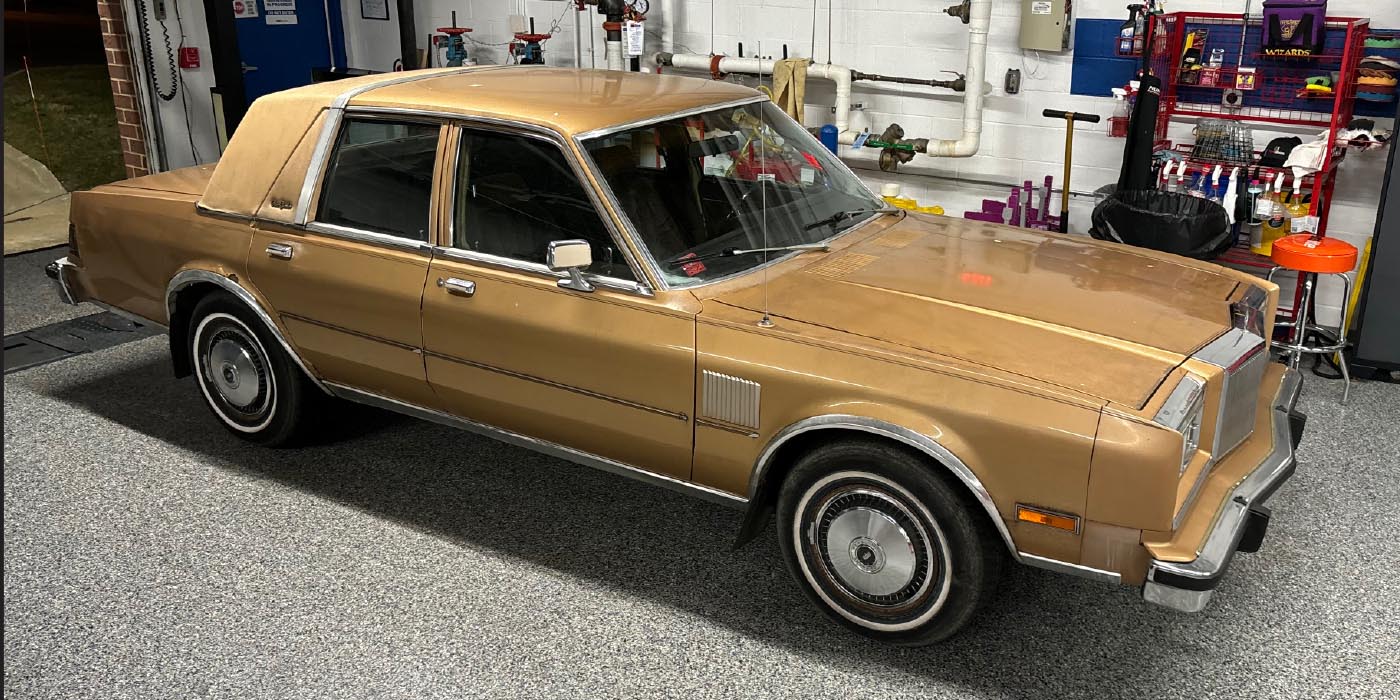Made In China Label Gets Big Black Eye
China has been in the news a lot these days, with reports that a wide range of Chinese products are dangerous, faulty and not fit to be sold in the United States. Everyday products, from pet food, to toothpaste, to tires, to seafood, and now toys for children, have been labeled as unworthy for the U.S. market and have caused a “buyer beware” frenzy with anything bearing the Made in China label. And with good reason.
But why now? Chinese imports have been growing steadily over the past 20 years, and are at an all-time high, with the U.S. importing $288 billion in Chinese products last year — more than double the 2002 figure — with apparel, toys, televisions/VCRs, computers and furniture representing the largest product categories. Supply and demand has been a huge factor here, when you consider that Chinese exports to the U.S. totaled only $4.7 billion in 1986.
A recent USA Today article discussed the current state of affairs with Chinese imports, and questioned if there is a tradeoff in quality for lower production costs.
An executive of a Hong Kong company that audits Chinese factories for many U.S. companies was quoted as saying that it’s a shock to discover how poor the quality processes are in some Chinese factories. His inspectors performed about 25,000 one-day factory checks last year and 23% of the facilities earned failing grades because of poor factory hygiene, inaccurate product manuals, cosmetic blemishes on finished goods and even the installation of the wrong electrical plug.
Unsatisfactory production is being blamed on Western companies’ unending pressure for lower prices from Chinese suppliers that don’t always have the technical expertise to produce to Western quality standards. If that’s the case, why are these Western companies risking their reputation in search of rock-bottom prices? Aren’t the production savings being offset with comebacks and lost sales?
While some U.S. companies operate their own factories in China and use Chinese suppliers, and employ rigorous safeguards to ensure they produce quality products, China has a bruise right now that will take some time to heal. The good news is that since the country joined the World Trade Organization in 2001, it overhauled thousands of laws and regulations to bring itself into conformance with mandates of the global economy. The latest developments will hopefully be an impetus to accelerate these efforts.
And, similar to the skepticism that surrounded the Made in Japan label in the 1960s, raising the bar and increasing quality expectations boosts product quality.
The lesson here is “let the buyer beware.” Safeguard your shop’s reputation by taking extra steps when purchasing parts. Be wary of low prices, for fear of inferior quality, and don’t accept parts you suspect of being inferior. And, as is the case with counterfeit parts, know your suppliers, inspect the packaging and compare the replacement parts against the originals. Don’t settle for anything less than products that emanate high quality.


